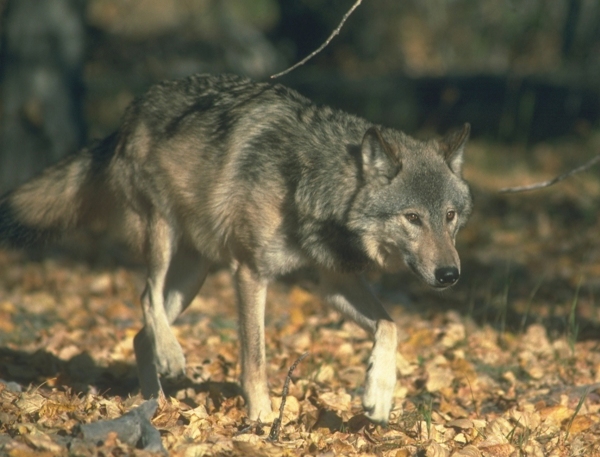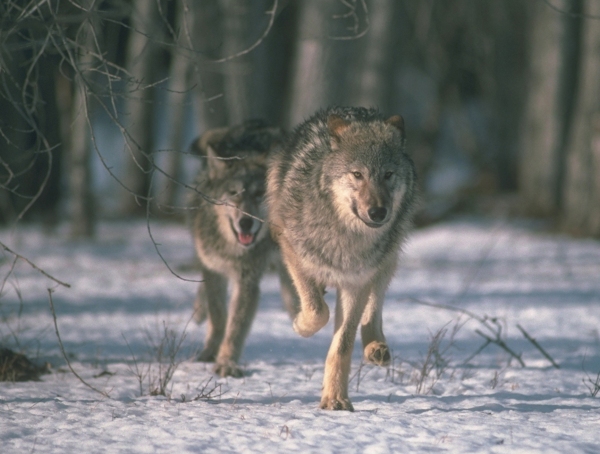Ruling suspends Michigan’s lethal control laws and permits
A federal court judge has ordered the U.S. Fish and Wildlife Service to immediately return wolves in the Great Lakes region to the federal endangered species list, making it illegal for Michigan citizens to kill wolves attacking livestock or dogs.
Under endangered species status, wolves may be killed only in the immediate defense of human life.
Two state laws allowing livestock or dog owners to kill wolves in the act of depredation are suspended by the ruling.
Additionally, lethal control permits previously issued by the Michigan Department of Natural Resources to livestock farmers to address ongoing conflicts with wolves are no longer valid; permit holders have been contacted regarding this change.
The return to federal endangered species status also means DNR wildlife and law enforcement officials no longer have the authority to use lethal control methods to manage wolf conflict.
However, non-lethal methods – such as flagging, fencing, flashing lights and guard animals – may still be used and are encouraged. Compensation for livestock lost to wolves continues to be available through the DNR and Department of Agriculture and Rural Development.
Citizens in need of assistance with problem wolves should contact their local DNR wildlife biologist or DNR wolf program coordinator Kevin Swanson at 906-228-6561.
Friday’s federal court order came in response to a lawsuit filed by the Humane Society of the United States challenging the U.S. Fish and Wildlife Service’s decision to remove wolves in the Great Lakes Distinct Population Segment from the federal endangered species list in January 2012. The ruling affects wolves in Michigan, Minnesota and Wisconsin.
“The federal court decision is surprising and disappointing,” said Russ Mason, DNR Wildlife Division Chief. “Wolves in Michigan have exceeded recovery goals for 15 years and have no business being on the endangered species list, which is designed to help fragile populations recover – not to halt the use of effective wildlife management techniques.”
The DNR will work closely with the Michigan Attorney General’s office and the U.S. Fish and Wildlife Service to determine the full impact of this ruling on the state’s wolf management program and identify next steps.
“In the meantime, the Wildlife Division will continue updating the state’s wolf management plan, which includes the use of hunting and other forms of lethal control to minimize conflict with wolves,” Mason said. “Although the federal court’s ruling prevents the use of these management tools for the time-being, the Department will be prepared for any future changes that would return wolves to state management authority.”
For more information about Michigan’s wolf population and management plan, visit www.michigan.gov/wolves.








